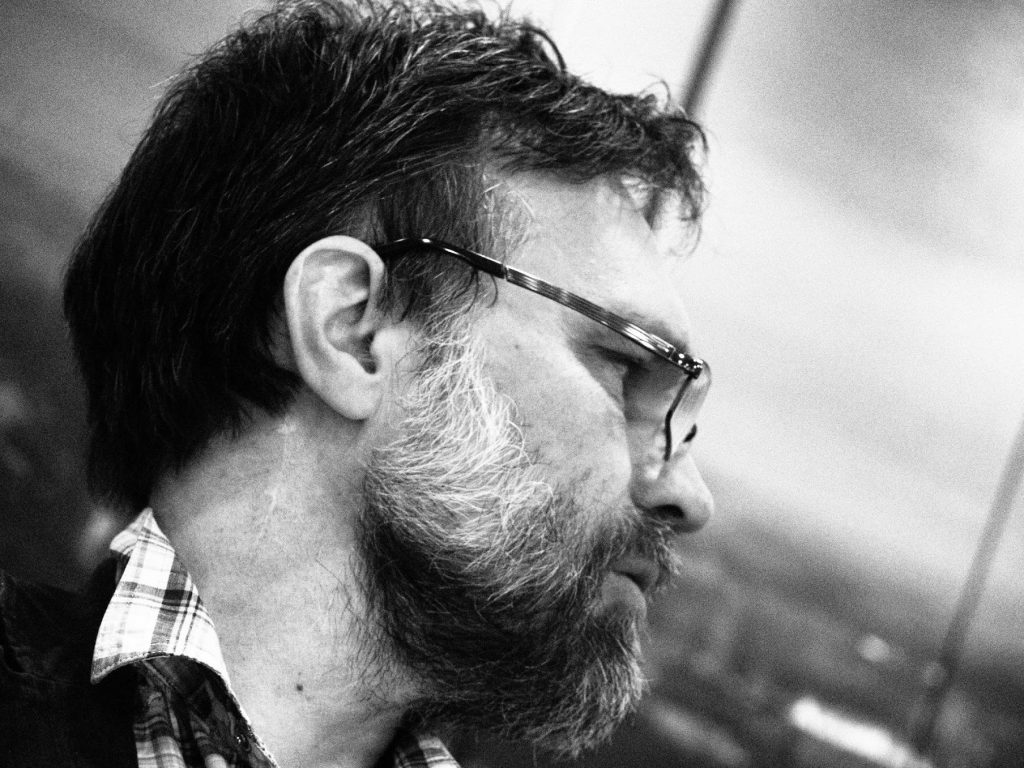
In the year 2018 when the Republic of Estonia celebrates its 100th anniversary of independence, Estonian Music Days contribute with an overall concept of “Sacred”.
Sacred in the broadest, most beautiful and most human sense – from a blissful feeling of holiness to a quiet state of gratitude, from daily celebrations to uniqueness and miracle. Sacredness creates a whole, it connects and unites. The sacredness of life, the nature of things, respect, relation to the sacred, inner sacredness. Nation, common joy and shared elements. Sacred sounds, sacred pauses. Sacred songs, sacred texts. Sacred places and celebrations.
According to Timo Steiner, one of the artistic directors of the festival, the word “sacred” has several connotations attached. “This word needs to be regarded in a context with the sounds and spaces present throughout the festival. Sacred is a kind of word that electrifies the inner; for which the hunger and thirst is perhaps more present than ever before,” Steiner remarks.
He says that “sacred” serves like an additional space that opens up as a result of establishing a dialogue with something deep and wide. “Sacred can also be treated like an agreement between the nation, the state and the people about what needs to be considered holy. But sacred should also be flexible enough to allow discussion and joking around just as well as taking seriously,” Steiner explains.
Estonian Music Days (EMD) are approaching once again with fresh energy of the spring. The schedule is thereby announced. EMD, held for the 39th time this year, is the largest festival of premieres in Estonia, featuring more than 30 new pieces from our outstanding composers of younger and older generations.
As performers, we will encounter top collectives such as Estonian National Symphony Orchestra, Estonian Philharmonic Chamber Choir, Estonian National Male Choir, Yxus Ensemble, Ensemble U:, Tallinn New Music Ensemble, Vox Clamantis, Heinavanker, Prezioso String Quartet, Heigo Rosin, Kadri-Ann Sumera, Tõnu Kalm, Mingo Rajandi, Ekke Västrik, Jaanus Siniväli, Kristin Kuldkepp and many others.
As to international artists, we will encounter renowned instrumentalists and groups from Italy, the Netherlands, Switzerland and Germany, among others bass player Dario Calderone violin and viola player Barbara Lüneburg and new music ensembles L’Arsenale and Ensemble du Bout du Monde.
The composers represented at the festival are Toivo Tulev with his three new symphonies, Jüri Reinvere, Kristjan Randalu, Maria Kõrvits, Pärt Uusberg, Arash Yazdani, Helena Tulve, Tatjana Kozlova-Johannes, Liisa Hirsch, Märt-Matis Lill, Galina Grigorjeva, Kristjan Kõrver, Malle Maltis, Margo Kõlar, Robert Jürjendal, Ardo-Ran Varres, Lepo Sumera, Erkki-Sven Tüür, Liina Sumera, Riho-Esko Maimets, Gerta Raidma, Age Veeroos, Mari Vihmand, Mart Saar, Kuldar Sink, Cyrillus Kreek et al.
On the occasion of the month of festivities, festival passes are available at a discount price until March 5th at Piletilevi.
As a continuation to the festival in April, the KERES ballet will be staged in September as a collaboration between the Theatre Centre Vaba Lava and the National Opera. The contemporary ballet production is based on the life of Paul Keres (1916–1975), the Estonian chess grandmaster in the turmoil of historic events. The original music is composed by Timo Steiner and Sander Mölder and staged by choreographer Teet Kask. The performers are Estonial National Ballet, Estonian Philharmonic Chamber Choir and Yxus Ensemble.